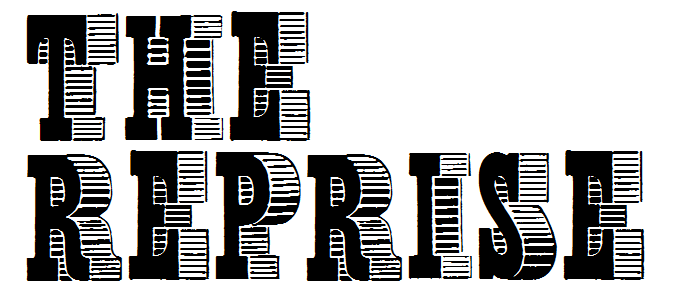Album Review: Fuzz - 'Fuzz II'
If the original Fuzz (is it Fuzz I now?) was the sound of three restless rockers dipping their toes in the pool of proggy psych-metal, then this new LP sees them diving hair-first into those sludgy waters, and forcing their way down to the depths below. Be warned; Fuzz II is not a record for the faint-hearted – coming in at an astonishing 1 hour and 7 minutes, it is a great beast, and the kind of leviathan that may daunt casual listeners. However, if you are prepared to give it the time, there is a lot to love in the seemingly never-ending barrage of low-end, drum fills and of course, bloody huge riffs.
Fuzz is often referred to as 'Ty Segall’s side-project', and whilst the Bay Area wunderkind has certainly amassed the largest following (and thus it makes sense marketing-wise to credit them as such), this Cerberus is all moving in unison to the service of Charles Moothart’s guitars. Formerly of Charlie & the Moonhearts, latterly playing in Ty’s live band, the first Fuzz album was clearly led by Moothart, with Ty declaring that he would just help finish off the riffs, accompany with drums and the two would write lyrics. Whilst there seems to be a bit more collaboration here (consider how the instruments come together on tracks such as "Burning Light" or mid-album stand out "Say Hello"), there is a still a devout service to the simple power of the guitar. Rounding out the power-trio is Chad Ubovich, whose main band Meatbodies released their debut LP last year to acclaim, standing in for former bassist Roland Cosio who bowed out during touring Fuzz’s debut.
The goal of these three is simple; to deliver no-frills guitar rock, influenced by legends such as Cream, Blue Cheer and of course Black Sabbath – the presence of the latter can be felt throughout but none more so than with "Pipe", which just might be the best Sabbath song not written by the group. Given that these influences are all playing from versions of the same rule-book, the album does lack a certain amount of variety, and the sheer length of the undertaking means that straight up sludge-fests, like "Jack the Maggot" and "Silence Sits In the Dust Bowl" become easy to skip in anticipation of the album’s higher points (usually brought by the odd synth or string-arrangement added to the power-rock). The final track "II" is certainly an audacious way to end the album, a 14-minute long instrumental that changes course and tempo multiple times throughout it’s running time, and although it is impressive (and goes some way to capture some of the band’s live energy), it is ultimately a disappointing end for repeated listens.
Overall, the album is an astounding piece of work, which builds upon the band’s previous EPs and debut LP. The length is a barrier for entry, however these are not men looking for new fans, they are purely having the time of their lives, and the infectious energy of three young rockers having a great time can be felt throughout the record.
by Sean Greenhorn
Fuzz II is out now on In the Red Records.

